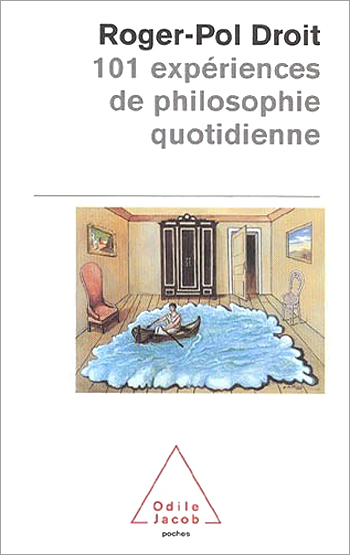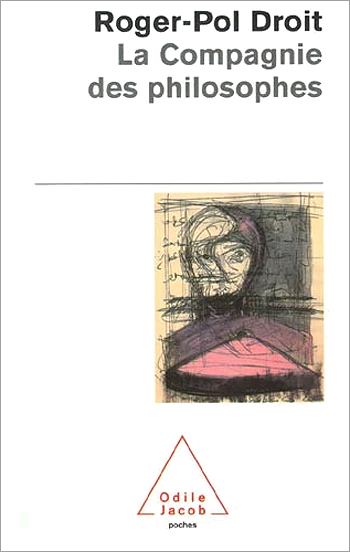Philosophy All books
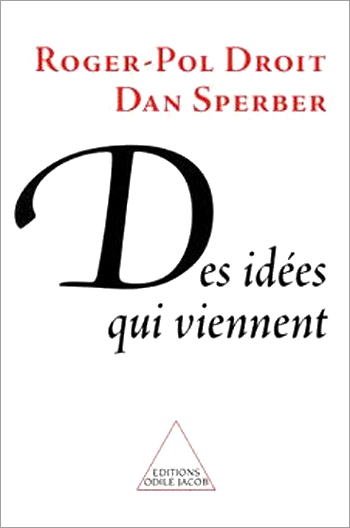
Roger-Pol Droit, Dan Sperber
Ideas on the Way
What ideas can we expect to see develop in the coming years? And how will they modify our conceptions of thought? What impact will they have on our personal existence, our daily reality, our rules for life? Will the intellectual models that are now emerging soon be influencing policy decisions? At a moment as symbolic as the beginning of a new millenium, we wanted to bring together the elements of thought which permit us to better respond to these questions." Roger-Pol Droit and Dan Sperber Both authors work at the Centre National de Rècherche Scientifique.
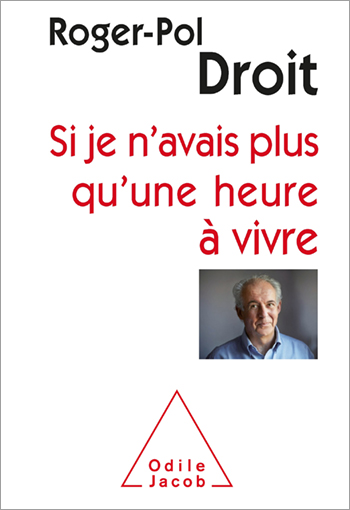
Roger-Pol Droit
If I Had Only One More Hour to Live
In this final, radical work, Roger-Pol Droit offers the reader a brilliant philosophy lesson
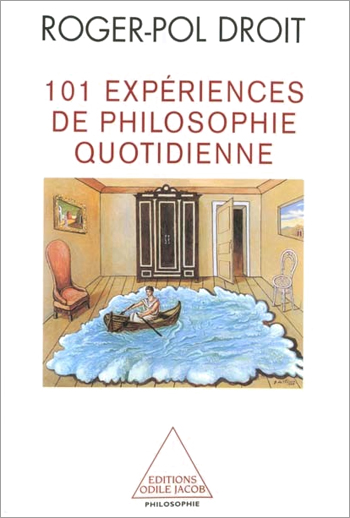
Roger-Pol Droit
101 Experiences of Daily Philosophy
This highly original book consists of 101 short texts, each describing an experiment or something to do. Although the practical exercises are easy to accomplish, they are often disconcerting and will make the reader aware of how strange an apparently banal action can seem. Their purpose is philosophical: the goal being to experience the unexpected through simple actions and events. Roger-Pol Droit intends to shake up the certainties that underlie our identity, speech, relations to time and space, and memory, and enable us to feel issues that are generally regarded as abstract. In his highly readable, incisive style he has succeeded in transforming ideas into feelings. Roger-Pol Droit is a philosopher and researcher at the Centre National de la Recherche Scientifique.
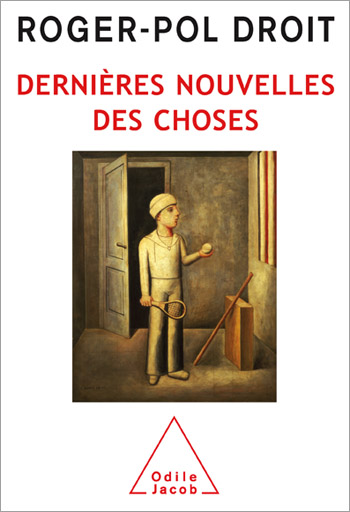
Roger-Pol Droit
Recent News of Ordinary Objects
"Can you learn anything from ordinary objects the things you use in your daily life? The answer is: yes, more than you can imagine. During the course of one year, I assigned myself a sort of adventure: I kept a diary of my encounter with objects, and I suggest you do the same. Briefly, my goal was to try to find the words that are hidden inside objects, to discover the questions that lie at the heart of things. My journey took place in four stages: surprise, groping, panicking, feeling soothed. This experience, touched with humour and a hint of folly, also follows the itinerary of an unexpected spiritual journey," Roger-Pol Droit is a research fellow at the Centre National de la Recherche Scientifique
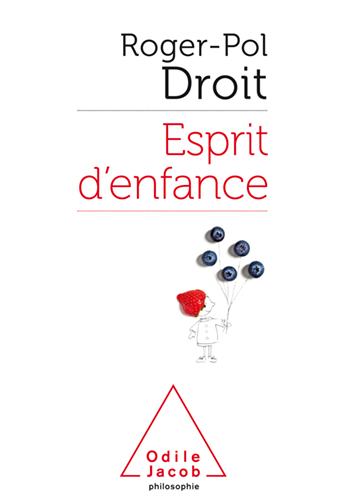
Roger-Pol Droit
The Spirit of Childhood
Roger-Pol Droit applies practical philosophy, in which the reader learns to find hidden resources in himself, in which he is guided towards the path of a better-being, a better self-understanding.

Roger-Pol Droit
Michel Foucault, interviews
On 25 June 1984, Michel Foucault died of AIDS-related complications at a hospital in Paris. Since then, his reputation and influence - already great during his lifetime - have not ceased to grow. Whether his subject was asylums, prisons or the history of sexuality, Foucault always tried to understand the organising forces behind prevalent social attitudes, by which a society defines itself, so as to disrupt the existing order. A philosopher as well as a historian, Foucault was an unclassifiable, unpredictable, subversive thinker, and the inventor of a new style of intellectual investigation. He rarely spoke of himself, or of his goals, or of his relations to his own writing, experiences and intellectual development. He did, however, talk about himself in a series of interviews that he gave me in June 1975, a few weeks after the publication of Discipline and Punish: The Birth of the Prison. Wishing to pay homage to his memory, I have gathered here three of those interviews, which were previously published in the press, along with some of my memories and thoughts about him, writes Roger-Pol Droit. Roger-Pol Droit is a research fellow in philosophy at the Centre National de la Recherche Scientifique (CNRS) and a columnist for the French daily newspaper Le Monde. He is the author of La Compagnie des philosophes, La Compagnie des contemporains, 101 Expériences de philosophie quotidienne and Dernières nouvelles des choses.
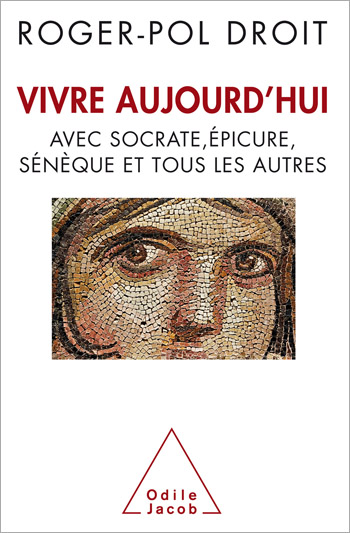
Roger-Pol Droit
Living Today With Socrates, Epicurus, Seneca and All the Others
What have we lost by forgetting the teachings of Antiquity? And what can we find out for our own time by rediscovering the Classics?
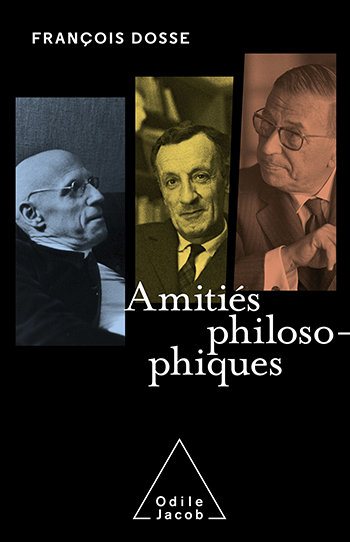
François Dosse
Philosophical Friendships
A sensitive light shed on the philosophical subjects that the reader thus (re)discovers, from existentialism to event philosophy...
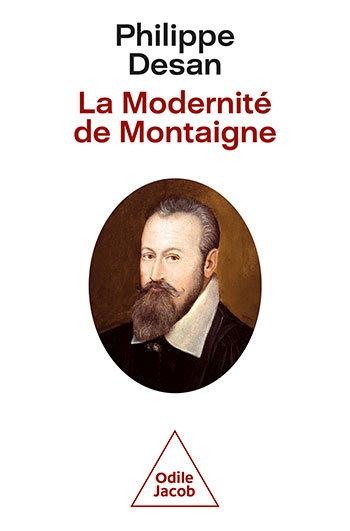
Philippe Desan
Montaigne The Self, the Other and Time
A reference book by one of the best Montaigne specialists in the world.
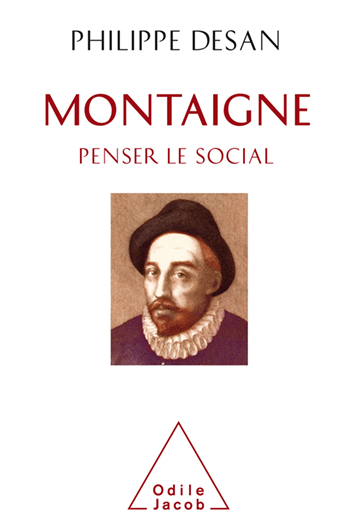
Philippe Desan
Montaigne Thinking about the Social
A study destined to become a work of reference, one that will be required for all courses on Montaigne.
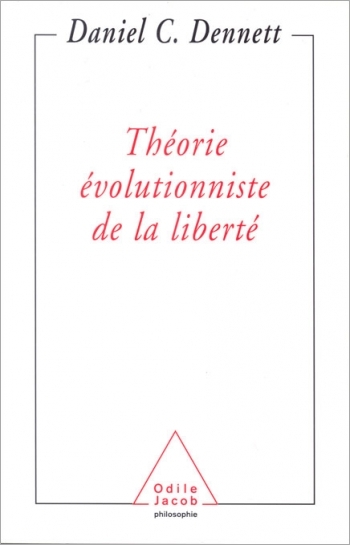
Daniel C. Dennett
Evolutionist theory of freedom
Billions of years ago, there was no freedom on earth, for the simple reason that there was no life. What forms of freedom have evolved since the first stirrings of life? Can freedom and free will exist in a deterministic universe? If we are free, are we responsible for our freedom, or is it governed by chance? Drawing on evolutionary biology and the cognitive sciences, Daniel Dennett provides a series of unorthodox replies to these traditional philosophical questions. It is generally held that what is determined is inevitable and that freedom can only exist in a non-deterministic universe. This is untrue, says Dennett. It is also held that in a pre-determined universe, we have no real choices: all we have is the illusion that we can choose. This too is false, argues Dennett. He then goes on to explain how, some day, we will be able to create robots endowed with free will. In this groundbreaking book, written in a striking, lively style, Dennett interweaves philosophical creativity with the latest scientific developments, and challenges a series of philosophical orthodoxies. Daniel C. Dennett is University Professor and Director of the Center for Cognitive Studies at Tufts University, Mass., U.S.A. He is the author of Consciousness Explained and Darwin's Dangerous Idea.
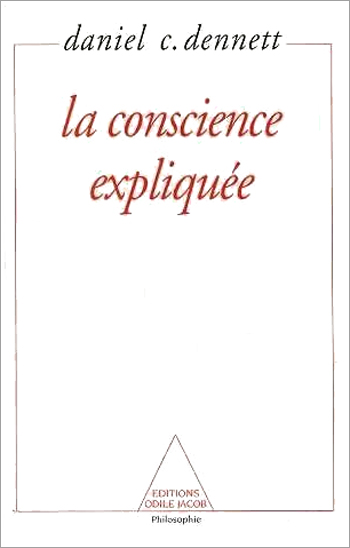
Daniel C. Dennett
Consciousness Explained
What is it that transforms a small piece of matter into an animated being? What is it that gives to certain physical structures the enigmatic privilege of feeling sensations and having experiences? Conscience. But what do we know about conscience? Daniel C. Dennet proposes a new explicative model founded on the modern revelations of psychology, neurology, and artificial intelligence. Daniel C. Dennett directs the Center for Cognitive Studies at Tufts University. He is one of the leaders in the philosophy of the spirit in the United States.

